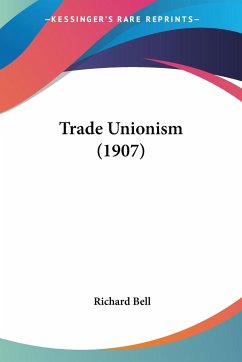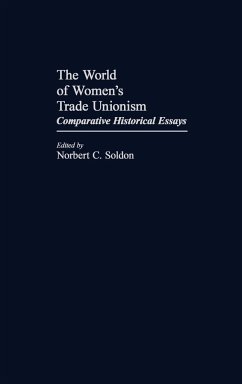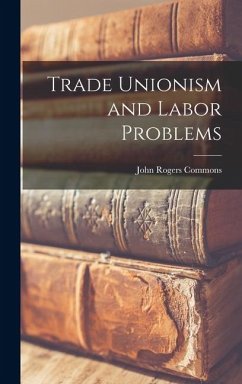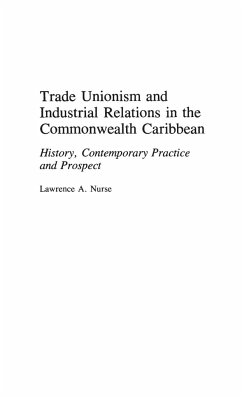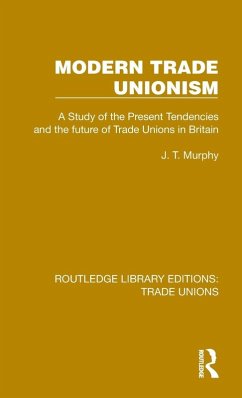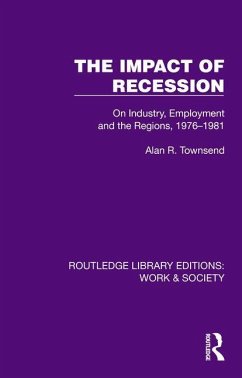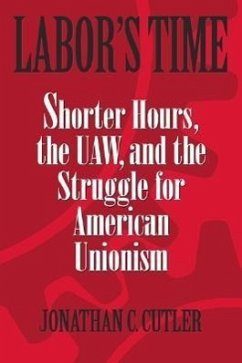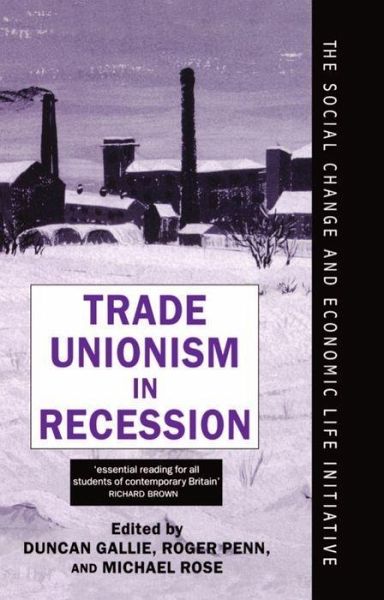
Trade Unionism in Recession
Versandkostenfrei!
Versandfertig in 1-2 Wochen
150,99 €
inkl. MwSt.

PAYBACK Punkte
75 °P sammeln!
During the 1980s, British trade unionism confronted its greatest challenge, and suffered its greatest reverses, since the inter-war period. After a decade of rapid growth, the unions experienced a steep decline in membership, and virtual marginalisation in national political affairs. By 1990 a previously united, self-confident social movement, as well as a powerful industrial bargainer, often seemed more closely akin to a demoralised collection of special interest groupings. This book raises a number of fundamental questions raised by the record of these years. It examines the reasons for memb...
During the 1980s, British trade unionism confronted its greatest challenge, and suffered its greatest reverses, since the inter-war period. After a decade of rapid growth, the unions experienced a steep decline in membership, and virtual marginalisation in national political affairs. By 1990 a previously united, self-confident social movement, as well as a powerful industrial bargainer, often seemed more closely akin to a demoralised collection of special interest groupings. This book raises a number of fundamental questions raised by the record of these years. It examines the reasons for membership loss and the implications for trade union influence in the workplace. It looks at the steps the unions took in reaction to the membership problem and the difficulties they confronted in doing so. It also looks at whether this period can be seen as making a fundamental break with the past, resulting in an irretrievable loss by British trade unionism of its former important position in British society and the British workplace, or whether the past decade has been but a temporary recession and the future can still see a revived movement.



